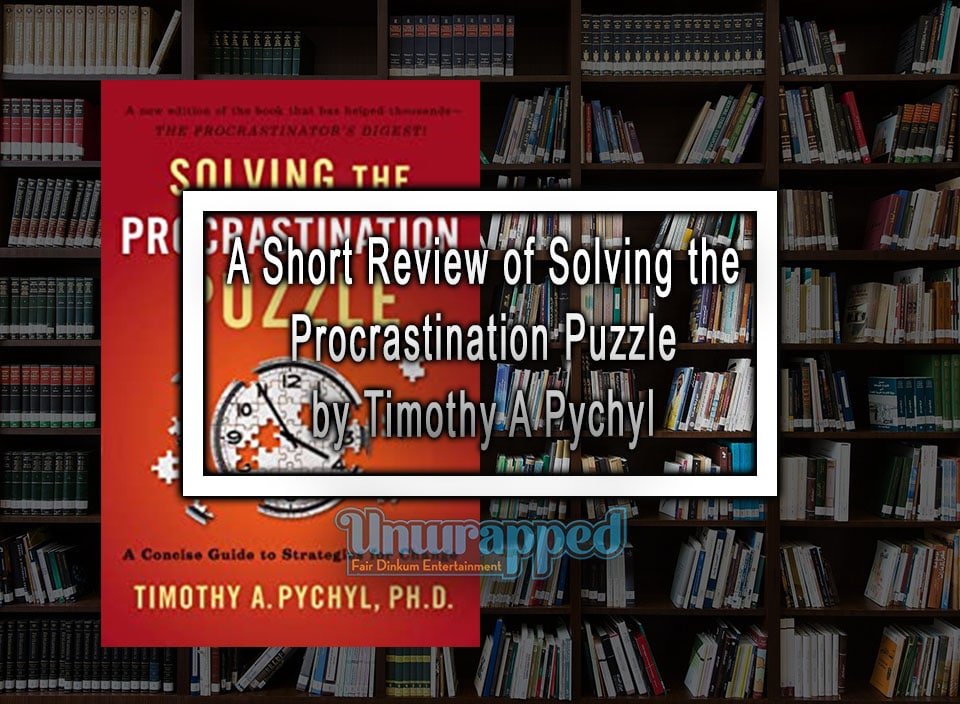Solving the Procrastination Puzzle: Book Review
The thing I liked most about the book– The author makes a person understand the reasons behind procrastination. Also, how to get rid of procrastination using methods and making valuable strategies.
The author defines procrastination as a voluntary delay in doing an intended action. At the same says that all delayed actions are not procrastination. It is for the person in question to understand his reluctance to act and decide his interest. So ultimately, it is for the individual to analyse and determine what delays are procrastination. The best way to spot procrastination is to examine before what one intends to implement. The author recommends strategically using willpower to analyse the reasons behind delays. The author thinks that procrastination often is caused because of voluntary delays by an individual knowing, even though delaying an action might harm them.
Further, the author believes that many types of delays are not harmful; instead, some are necessary. So how to decide whether a delay is harmful or beneficial? The simple way to crack the problem is to find out that voluntary delay on an individual’s part comes under procrastination—the individual’s reluctance to act when the action would be in their interest. The author warns an individual about the feel-good factor. Because an individual loses the chance to change, and this feel-good takes a high cost. So author recommends and advises a mechanism of self-regulation.
The author suggests that emotional intelligence helps effectively to identify and use emotions, leading to optimised behaviour. Two essential factors work on biases, influencing procrastination. One is focalism, and the other is presentism.
Dan Ariely, while discussing biases, says that human nature has these biases. Hence, it is individual with an obvious intention can begin for a change. The author explains with conviction that with a qualitative shift in perception, the needed perception in an individual would also come.
Finally, the author opines that one’s ability to self-regulate is dependent on their motivation. The greater the cause, the greater would be a desire for self-regulation.










